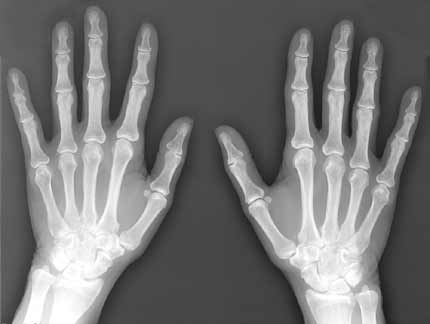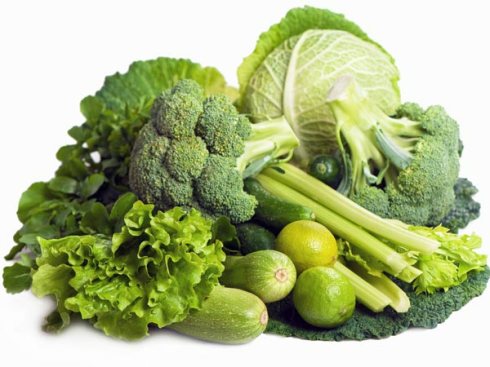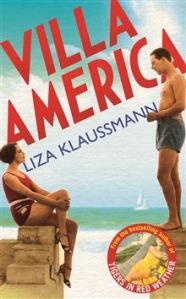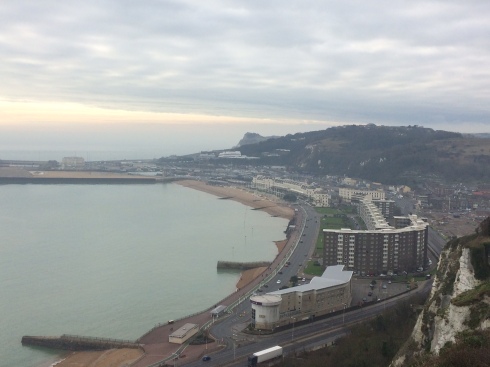 Last week was half term but this made little difference to my economic circumstances, so through a cunning (and winning) combination of kind friends, family, childcare and a 12-yr-old fired up to find her own entertainment, I managed to fit five days into four and take Friday off.
Last week was half term but this made little difference to my economic circumstances, so through a cunning (and winning) combination of kind friends, family, childcare and a 12-yr-old fired up to find her own entertainment, I managed to fit five days into four and take Friday off.
We would, I decided, have a proper day out, something which weekend commitments and work often put paid to.
I was really excited about it. I love hanging with my kids and in an ideal world – one where people funded me just to ‘be’ rather than to ‘do’, and one where school-years education was absorbed by osmosis rather than in-school attendance, that kind of ideal world – I would do it all the time. We had never been to Dover Castle and Friday, I decided, represented the moment all that would change.
However, lurking darkly in the back of my mind is the knowledge that the optimism generated from anticipation prior to a day’s adventure is rarely matched by the actual experience. Someone – usually more than one someone – is not in the right frame of mind to enjoy, and I am left trying to work out why actuality doesn’t always reach the heights of expectation.
I think that word, ‘expectation’, turns out to be to blame. I want it to be great, not just Facebook-photo great, but actually in-real-life great. And because we’re all in the same boat, looking forward to being in the same place at the same time with no other demands, we all have the same aspirations.
No surprises, it’s impossible to match reality to these over-high expectations. It’s why in our household the impromptu (which I am absolutely rubbish at) tends to be the most successful, because no-one has anything to anticipate; but being impromptu when any attempt at it needs to be scheduled to the n-th degree, to fit in with everything else, contradicts the term and as a result doesn’t work.
Looking at it rationally, with sky-high expectations filed firmly under ‘give yourself a break’, it was a great day, when viewed upon a normal plane of greatness. We saw some fascinating exhibits – the Dover Castle War Tunnels and hospital are highly recommended – and spent the day together mostly out in the almost-sunshine without interruption. Yes, L2 became hangry on the way home, and had a ‘moment’; yes, L1 was overtired and started the very early morning off with a little bit of weeping, but why should it be those incidents that I allow to loom large in my memory when the rest of the day was what long-term memories are made of?
A perfect day is one in which we are together, and one where we can be honest and genuine with each other, without any grudges or long-term repercussions; we take the rough with the smooth because there’s no need to paper over the cracks with family.

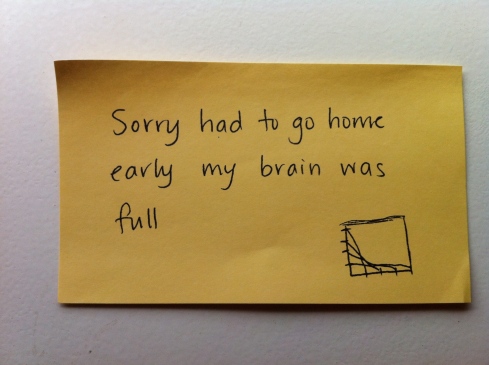 My brain has neither enough space nor sufficient individual compartments for the current pace of parenting. My memory has about 533kb spare; I can identify this clearly as that is the point where my phone refuses to cope with any more functional data requests and tells me it is ‘critically low on storage’, and I have to ‘manage storage’, which I do by backing up photos and deleting the latest round of offspring selfies and apps downloaded to battle boredom at points where things like car services and haircuts have exceeded duration expectations.
My brain has neither enough space nor sufficient individual compartments for the current pace of parenting. My memory has about 533kb spare; I can identify this clearly as that is the point where my phone refuses to cope with any more functional data requests and tells me it is ‘critically low on storage’, and I have to ‘manage storage’, which I do by backing up photos and deleting the latest round of offspring selfies and apps downloaded to battle boredom at points where things like car services and haircuts have exceeded duration expectations.